
Vivaz Indigo and Sewing Cooperative
San Luis Los Ranchos
Vivaz is a women’s cooperative that produces quality indigo fashion products and personalized uniforms. It was formed by a group of women driven to transform their lives and the lives of those in their community, despite not having completed school. They started to work with añil, the indigo plant that produces a deep blue dye that was once the country's primary export. From the early days of Vivaz’s development in 2005, the CIS supported the women’s effort to respond to their disenfranchisement by seeking financial independence and self-worth.
The women of Vivaz, who range in age from 20 to 60, have been able to grow and sustain their income while caring for their children and having prominent roles in the development of their community. Since 2007, members of Vivaz have completed specialized training in indigo dying indigo, added the capacity to sew commercially, and learned new design techniques through classes at the most prestigious Design University in El Salvador. As the women have expanded their skills, they have strengthened their self-esteem.
Every hand-made indigo garment and accessory is designed with pride and beautifully unique. Every product sold has a direct financial impact on the cooperative.
Confecciones la Colorada
Island of San Rafael Tasajera
On the island of San Rafael Tasajera on the southern Pacific coast of El Salvador, fishing, the primary source of income, does not yield enough for approximately 500 families to provide for their basic necessities. A women’s collective, Confecciones la Colorada, was born in 2010 to organize and empower women on the island to earn their own income outside of fishing. They specialize in sewing bags, purses, accessories and garments out of vibrant, handwoven fabrics by artisans in nearby San Sebastián, a town known for this skill since at least the late 19th century.
Two visiting delegations helped the women make their first early strides: learning the sewing skills and access to start-up capital for fabric and a sewing machine for four initial women to create stylish bags. The women improved their skills as well as the quality and variety of their products with micro-business training from the CIS and technical training from INSAFORP. As demand for their signature designs grew locally and abroad, they recruited more members to their group.
For the 13 members of Confecciones la Colorada, the money they make is their only source of income independent from their husbands. Your purchase helps them contribute to household needs and have a voice in their families and their community for the first time.

Artesanías Comasagua
Comasagua
Artesanías Comasagua’s dried flower art was formed by courageous women after the 2001 earthquake destroyed 95% of the municipality. Faced with significant economic loss in Comasagua, the women searched for ways to generate income for their families and found inspiration in the natural environment. They began to use flowers, leaves, bark and natural ferns from their native Cordillera del Bálsamo mountains to create decorative art. Though the women struggled at first to make the venture profitable, their indigenous art has gained recognition and support. Today, they grow some flowers in greenhouses, but collect most of the materials in the mountains and coffee plantations of the municipality. They have explored different designs and incorporated new materials over the years. They are also able to look after their families as they work. Most importantly, the women are economically productive while staying local. Your purchase of their handiwork, supports the women of Comasagua who depend on this work and values their culture and natural environment.
Taller Jaragua
Mariona & Tonacatepeque, San Salvador
Taller Jaragua is a one-of-a-kind operation because of the artisans’ unique creations and how they use the workshop as a forum for education.
As José Vasquez puts it, “Estamos construyendo un sueño,” “we are building a dream.” This dream includes having a way to feed their families with greater autonomy and independence from low-wage positions that afford workers few rights.
The artisans of Taller Jaragua hope to show Salvadorans and foreigners the beauty that can come out of the people and natural resources of El Salvador. They hope to encourage people to support small businesses. Taller Jaragua exemplifies this principle by buying the bulk of their materials, including all of their seeds and coconut shells, from other Salvadoran families.
Before becoming a member of Taller Jaragua, Evelyn Ramirez spent three years working in a maquila (manufacturing plant). There she was treated like a machine, working 60 or 70 hours per week on one monotonous task without the choice of whether or not she worked overtime.
With this experience behind her, Evelyn feels the great contrast: “At Taller Jaragua they have given me the opportunity to be me and don't impose anything on me. They taught me the value of solidarity and of collective work. They taught me that I have rights and that I can demand that I be respected… I can feel important because, with my art, I can help recover and promote the culture of my country as a fundamental part of my life.”

Taller Jesús Obrero (Jesus the Worker Workshop)
Soyapango, San Salvador
Taller Jesús Obrero was started in February 1991 by six friends who were struggling to survive ten years into the chaos of the Salvadoran civil war. Now based out of Soyapango, the workshop was founded in La Palma, known for its high-quality woodworking and hand-painting in cheerful colors, as influenced by Salvadoran folk artist Fernando Llort. Some of Taller Jesús Obrero's artisans were Llort’s students.
Each piece is produced collaboratively, passing through the hands of a designer, a carpenter, a painter and a varnisher to reach its finished state. This division into specialized areas also allows artisans to work from their homes and to care for their families. The result is a unified pride in their body of work.
Las Mujeres Tiñecas
San Martín, San Salvador
San Martín is a municipality of metropolitan San Salvador that is known as one of the most dangerous areas of the country for gang activity. “Tiñecas” or tiñecos is a nickname for the residents of San Martin.
Las Mujeres Tiñecas began in 1997 with a group of women who decided they needed to do something to provide a better quality of life for themselves and their families in San Martín, a municipality of San Salvador that is known for dangerous gang activity. They pooled their skills and ideas to design a variety of products, including quilled greeting cards, quilled earrings, recycled paper jewelry, crocheted hammocks, embroidery and clothing.
Las Mujeres Tiñecas, whose name uses the nickname for women residents of San Martín, felt it was important to have a business that was run by women, would provide income-generating opportunity for women, and would challenge prevailing attitudes that kept women entirely dependent on men. Many women in their community expected men of the household to earn income for the family and, thus, spent much of their time idle -- despite the men’s income not stretching far enough. Also, single mothers had difficulty providing for their kids.
Today, there remains a group of five committed women, two of whom are single mothers: Mariancelma, mother of five, and Maria Gladys, mother of six. Each of the women has a distinct trade: jewelry, sewing, embroidery, crochet and greeting cards. When they sell a product, the money goes directly to the woman who produced it.

Prudencia Ayala
Cinquera, Cabañas
The municipality of Cinquera, Cabañas was so destroyed in attacks by the armed forces in El Salvador’s civil war that its population fled for 18 years until after the signing of the peace accords in 1992. When families finally returned, they found an abundance of ecological richness due to the 18-year break in human habitation. From that point on, they committed to work that would use their natural resources sustainably -- including ecological tourism.
Prudencia Ayala is an artisans group that espouses this principle and contributes to promoting sustainable tourism in their municipality. They use only elements from their forest floor such as exotic seeds, stones and feathers. The group selected for its name that of a Salvadoran leader who advanced women’s rights. Your purchase of their products supports their ecologically friendly livelihoods and mission to protect their environment as their heritage and legacy.
San Ramón Sewing and Artisan Workshop
San Ramon, San Salvador
The San Ramon collective offers an open space for collaboration among professional artisans and community members. It serves as a business, incubator of creativity, and a school of various art classes, particularly for youth, all of which strengthen the social fabric, culture and talents of their community.
The collective is made of men and women of all ages. A number of the adult artisans are pursuing their high school diploma or a university degree, goals they are finally able to advance while balancing work with the San Ramon collective. Many younger students participate without interference with their studies.
The collective also supports many single mothers. Morena Pereza Acosta, for example, is a single mother of five who earns all of her income doing embroidery work for San Ramon. She, like most members of the collective, works from home so that she may choose her working hours around caring for her children.

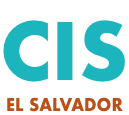


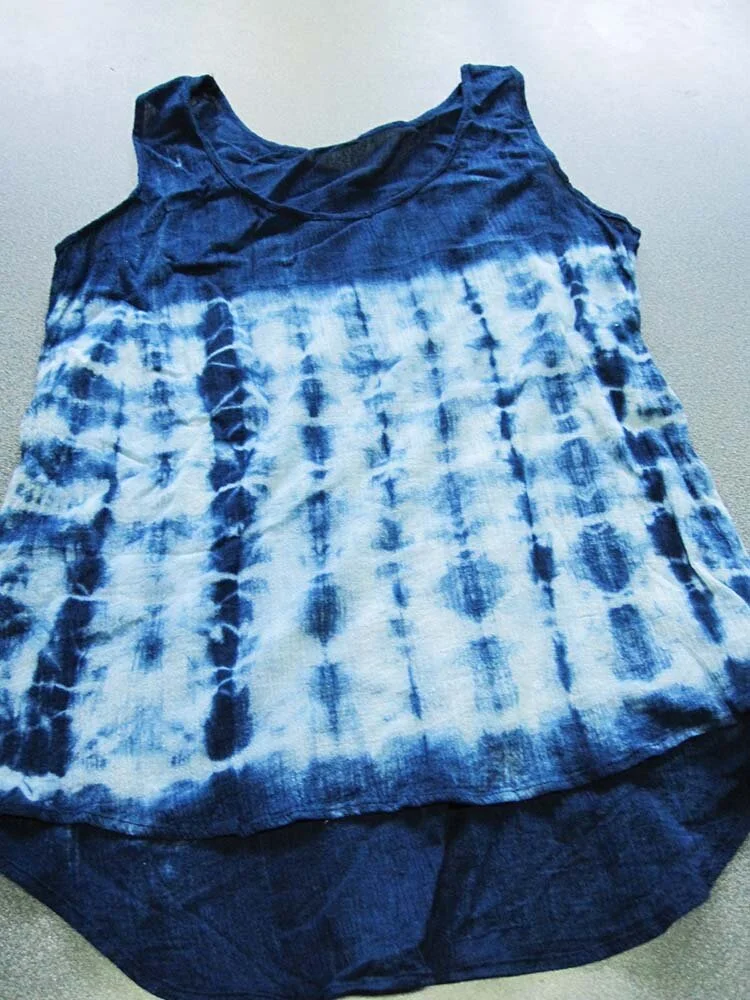
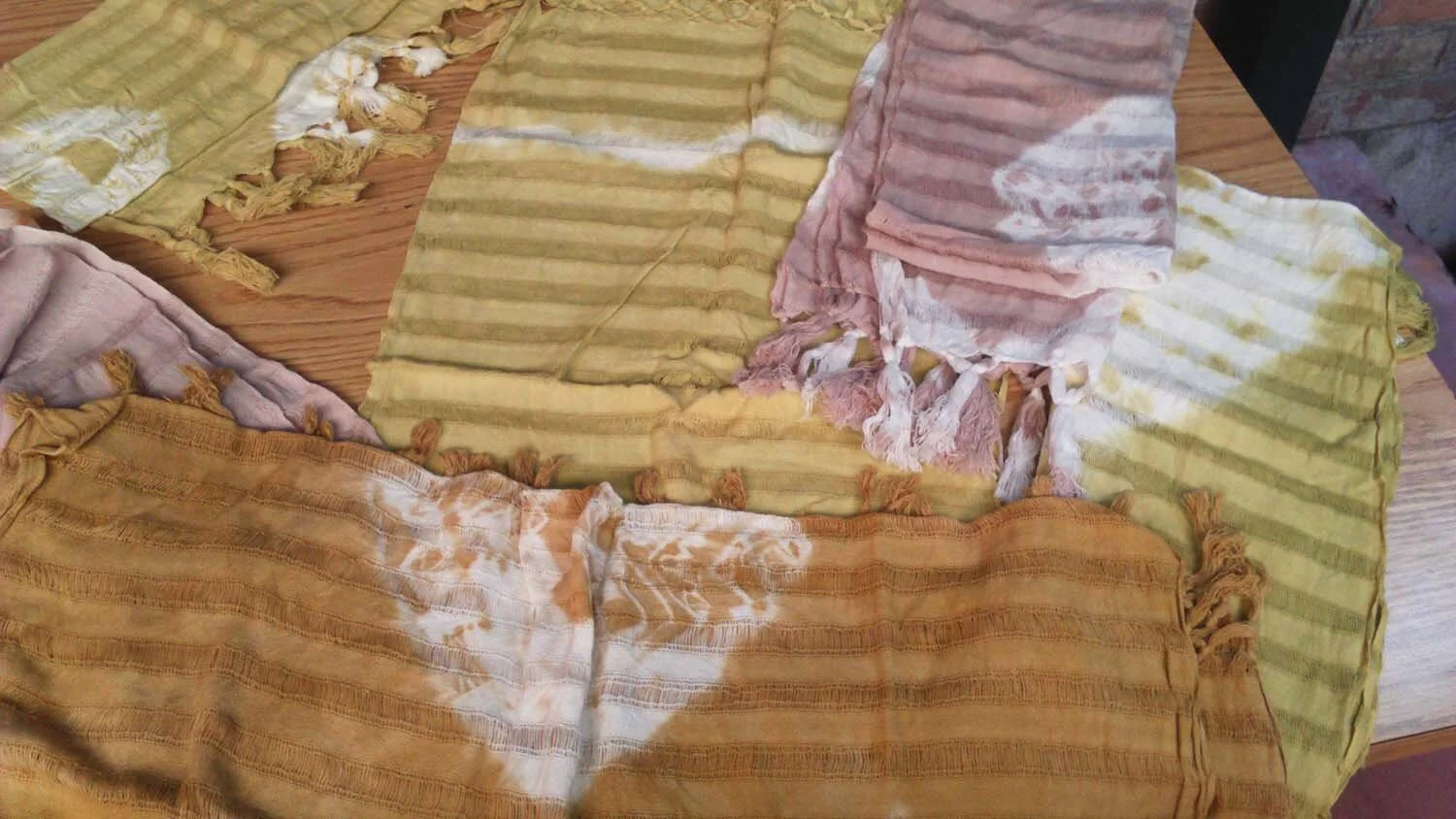


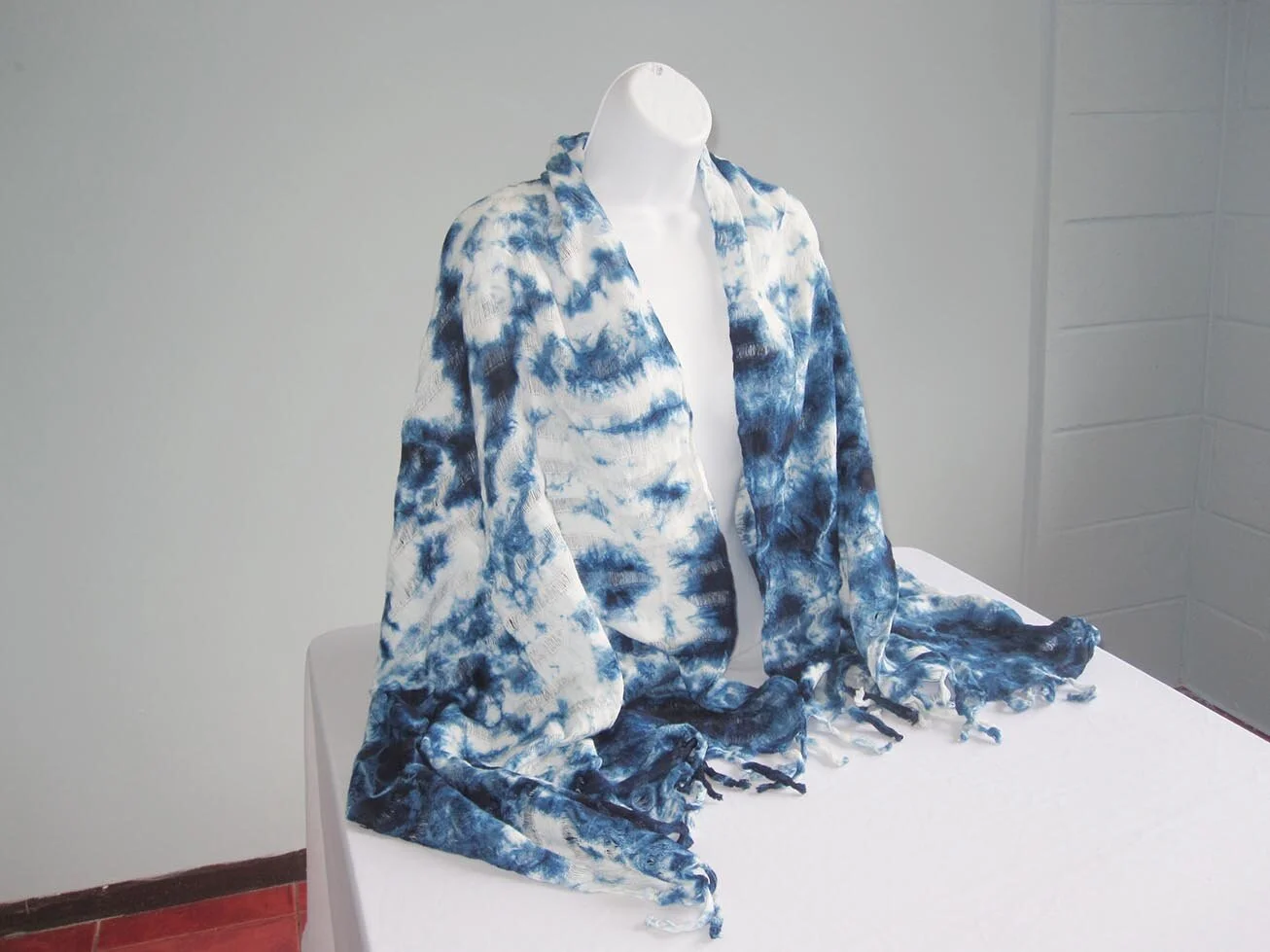




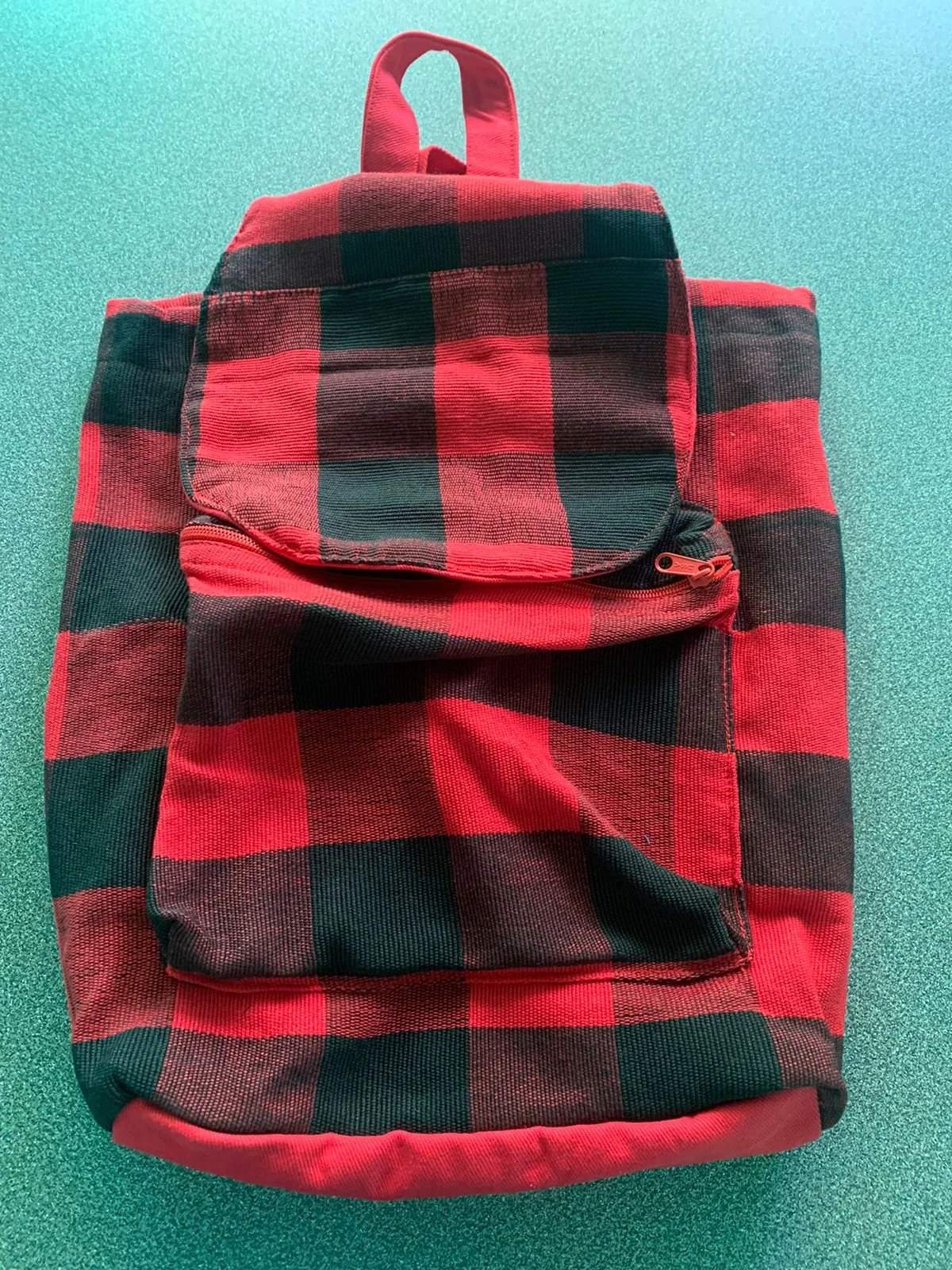







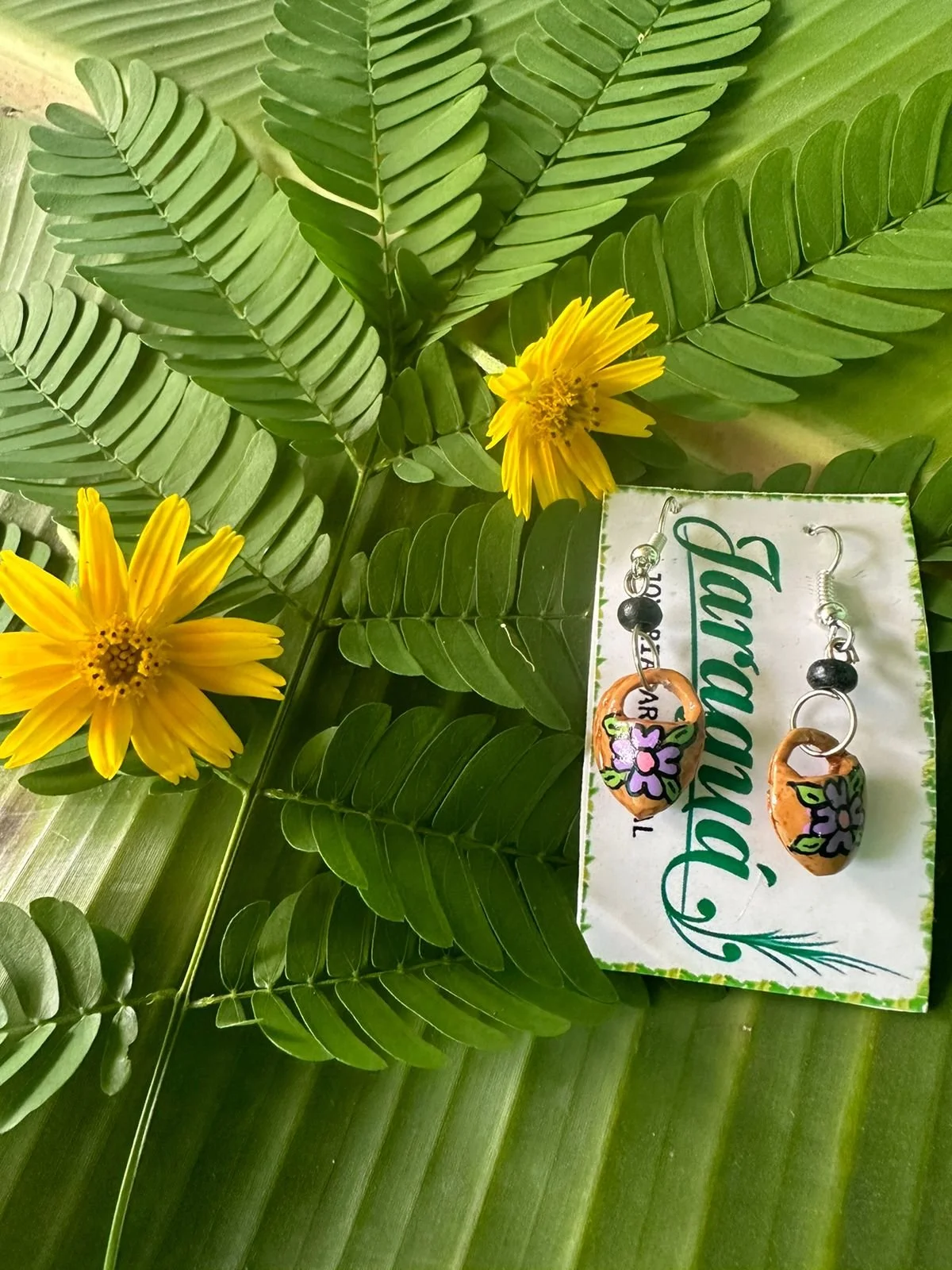
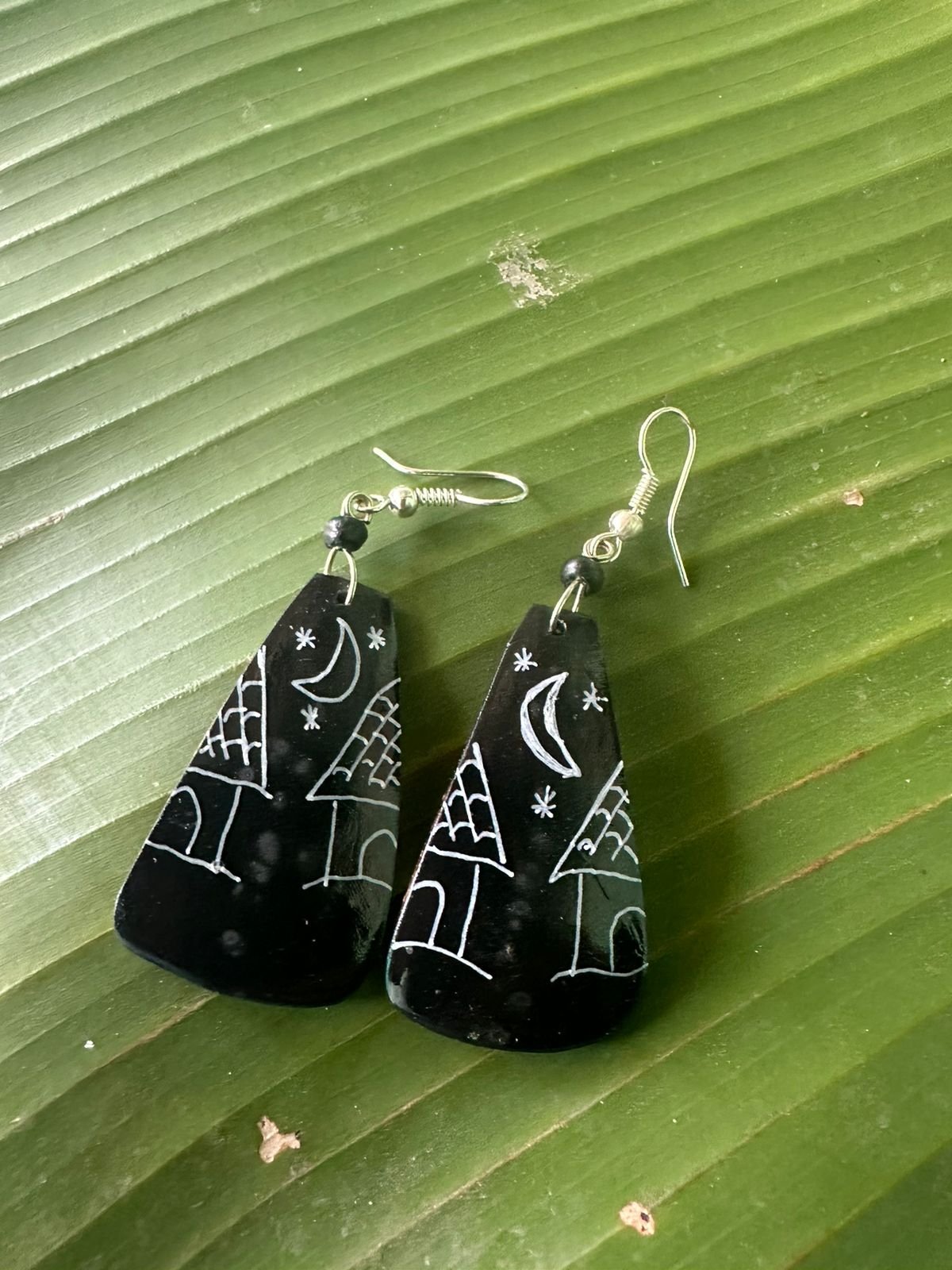
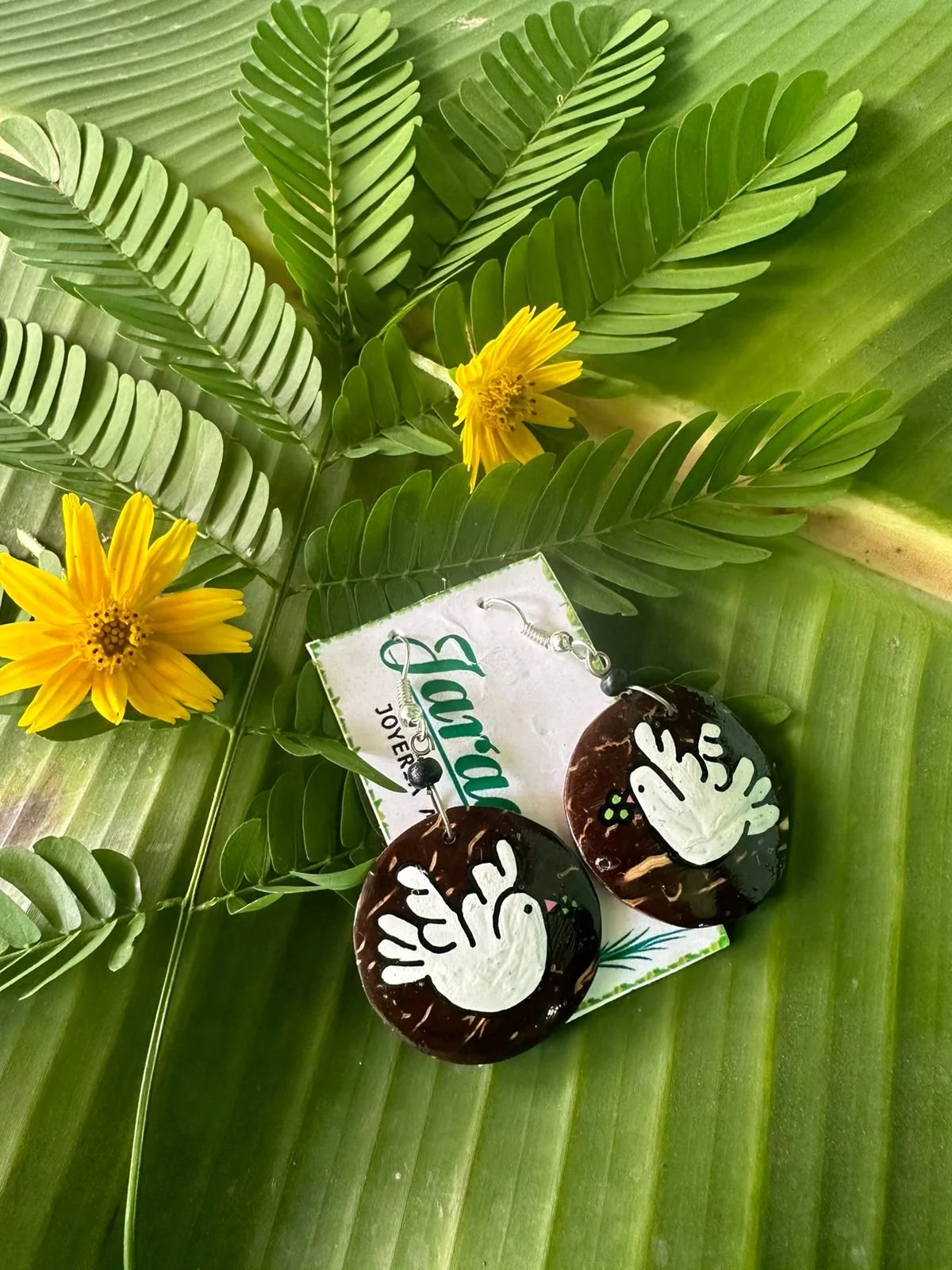
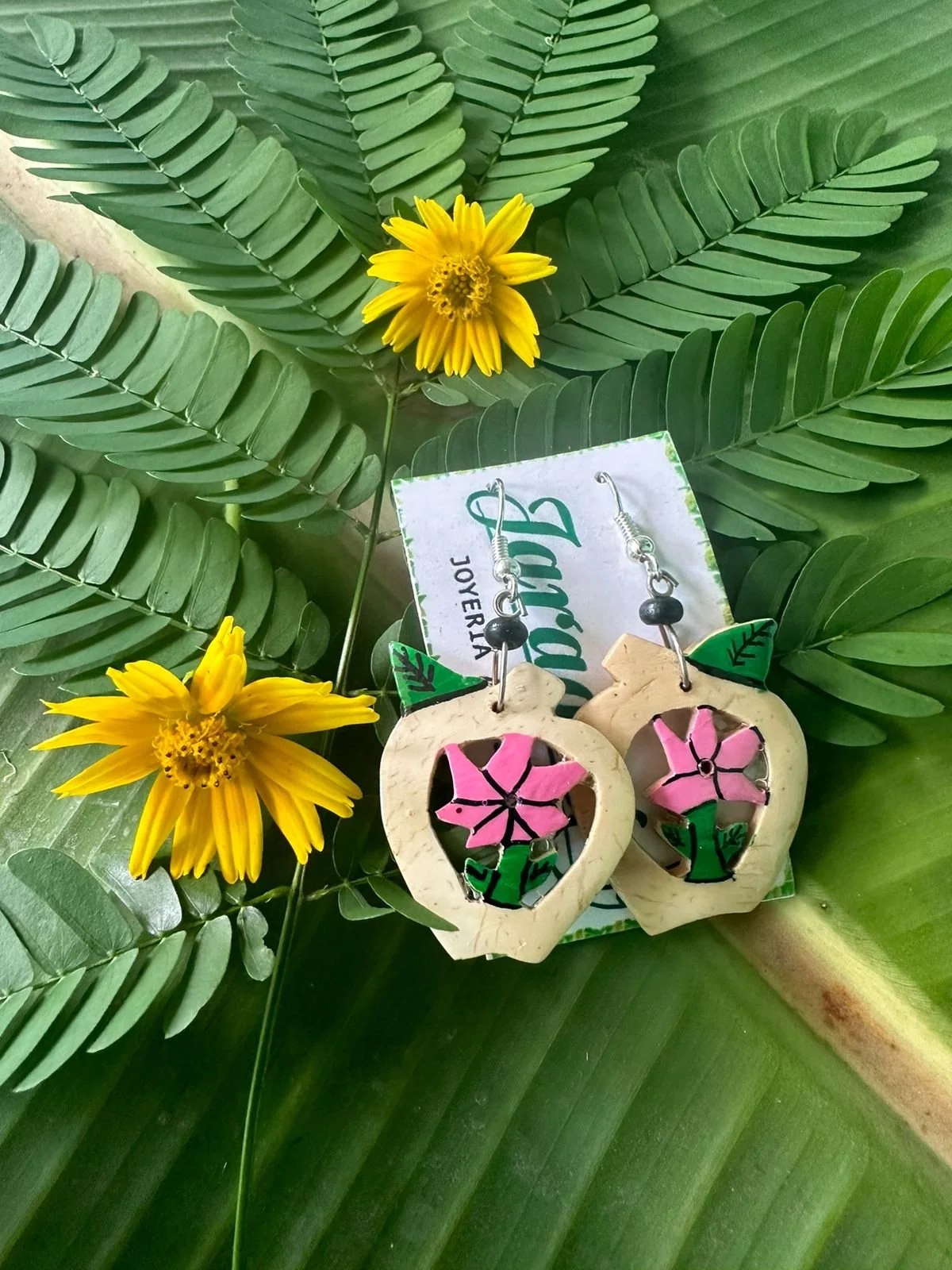
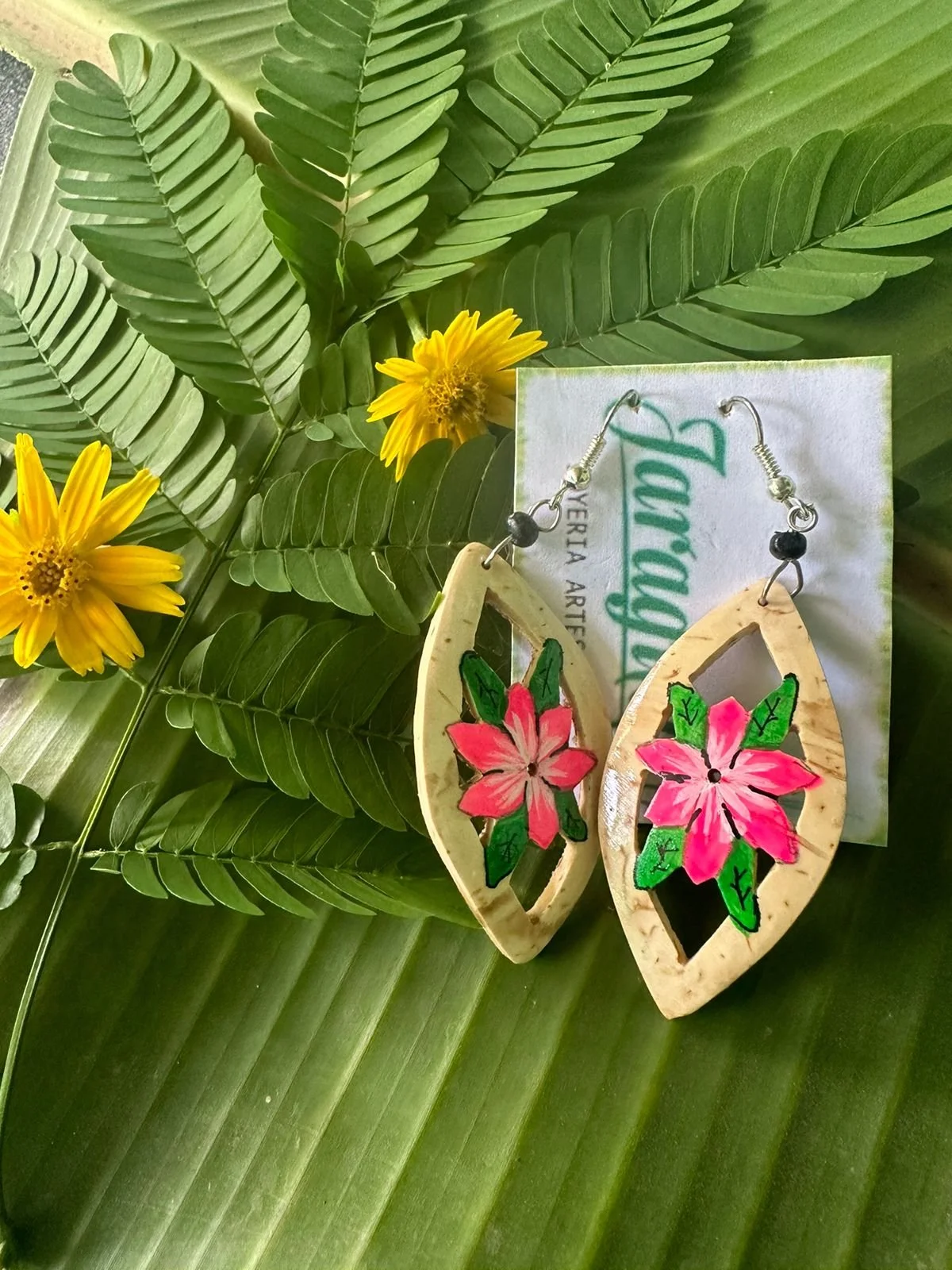
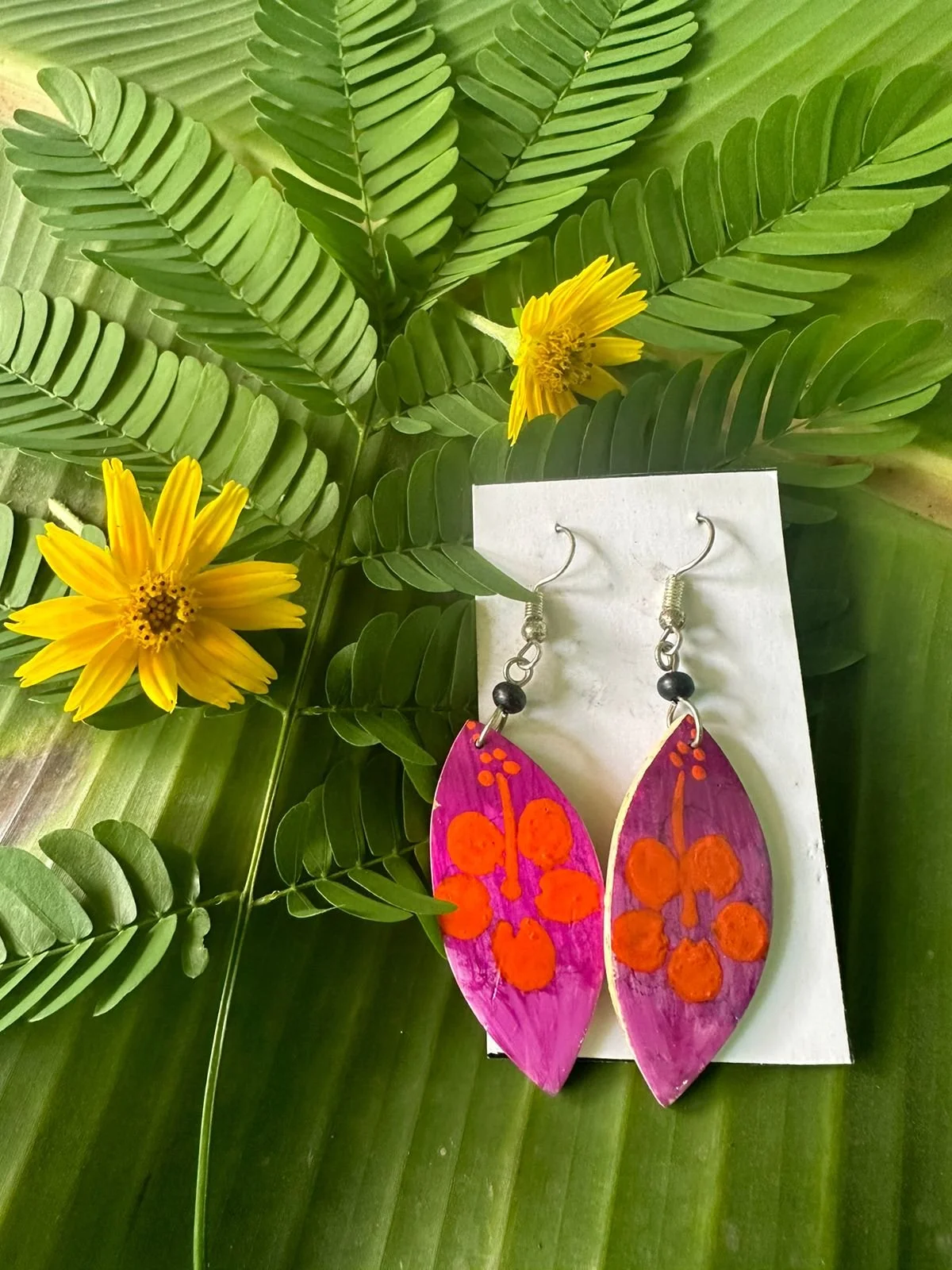
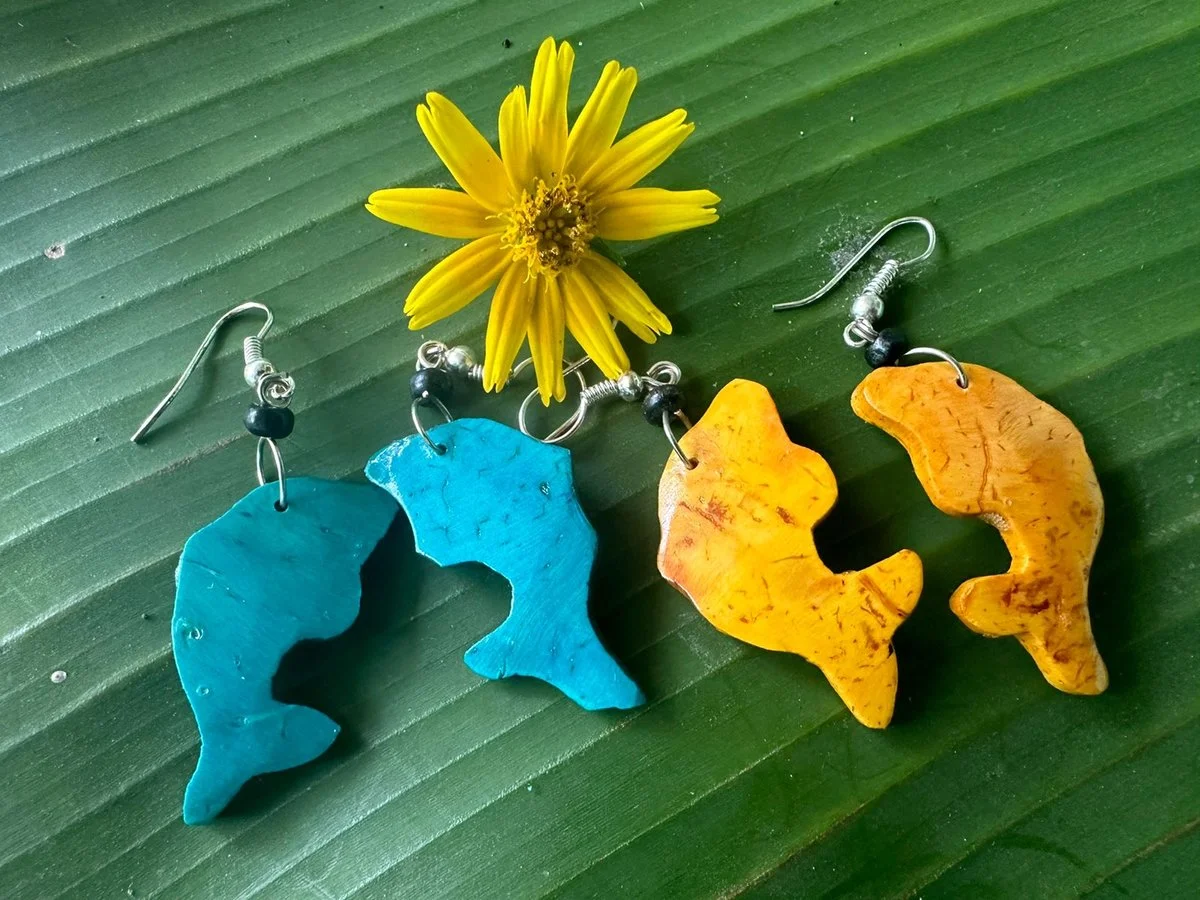

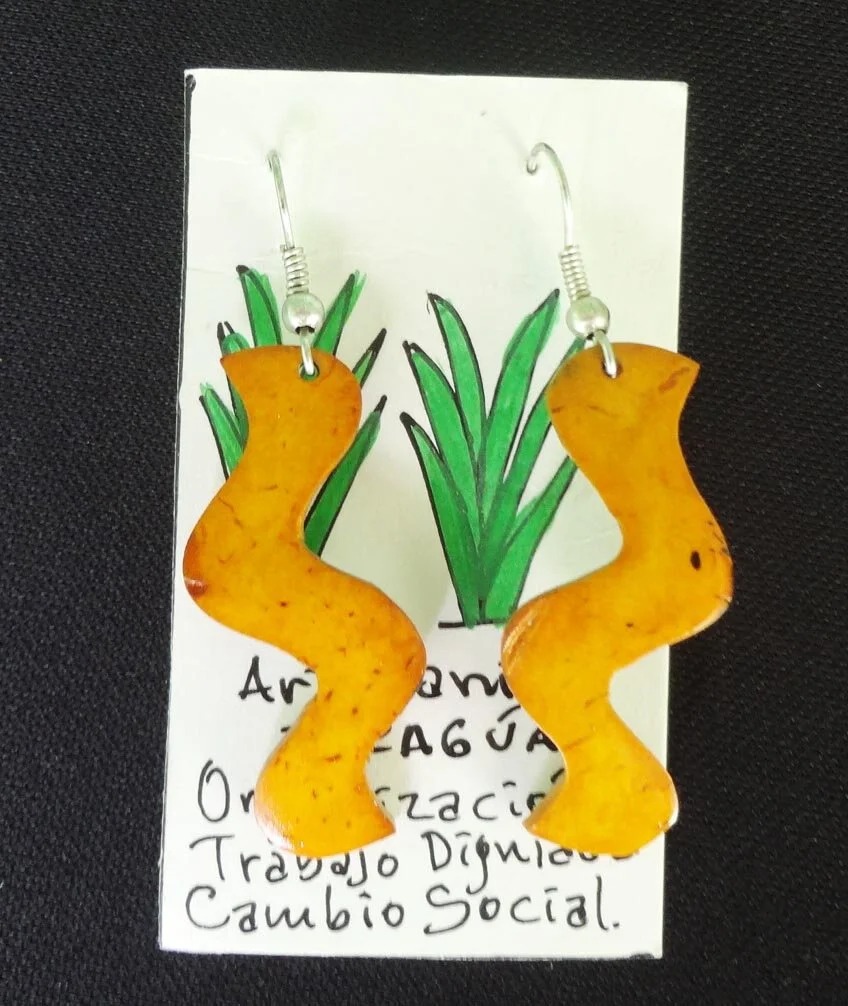



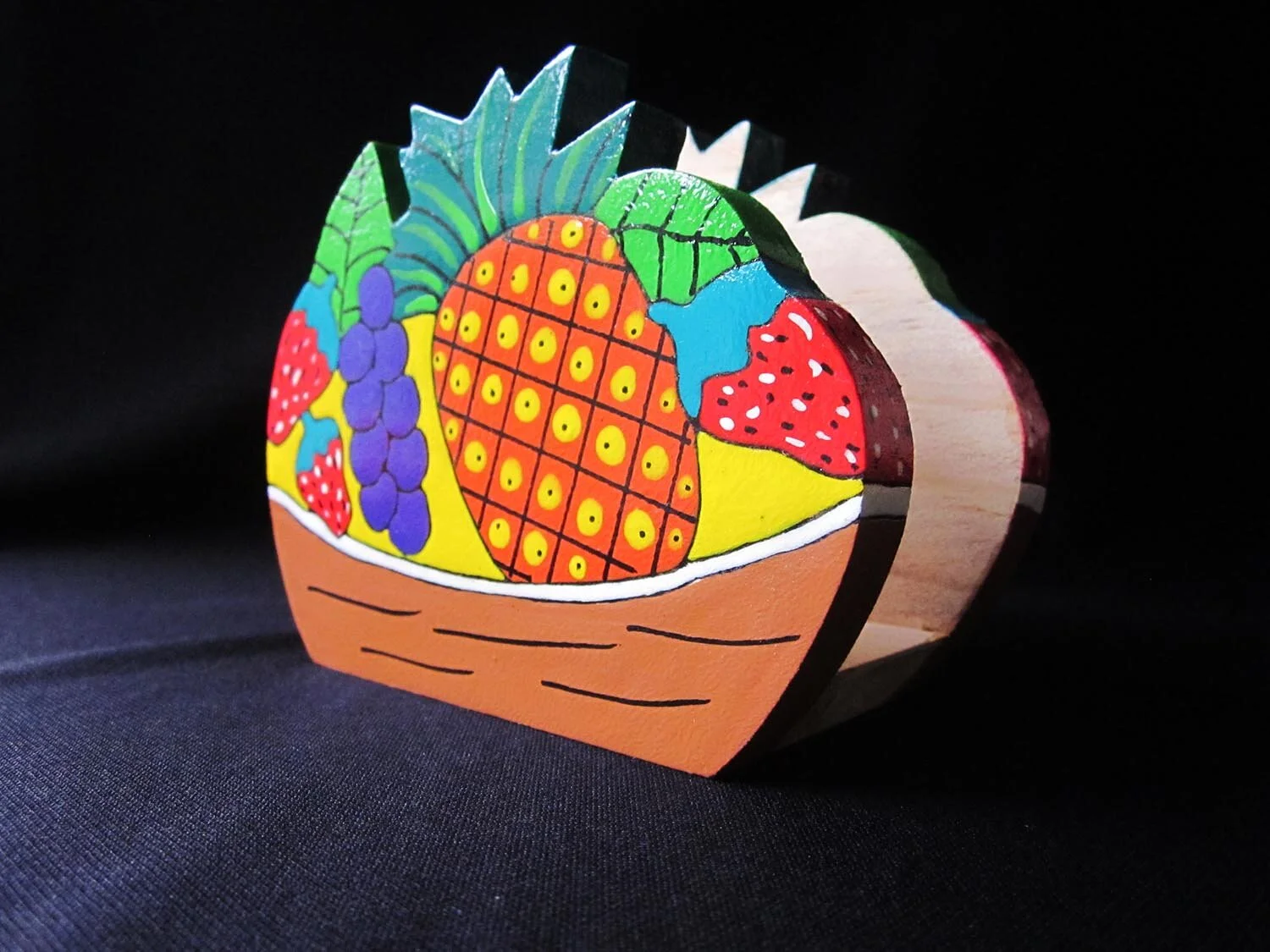
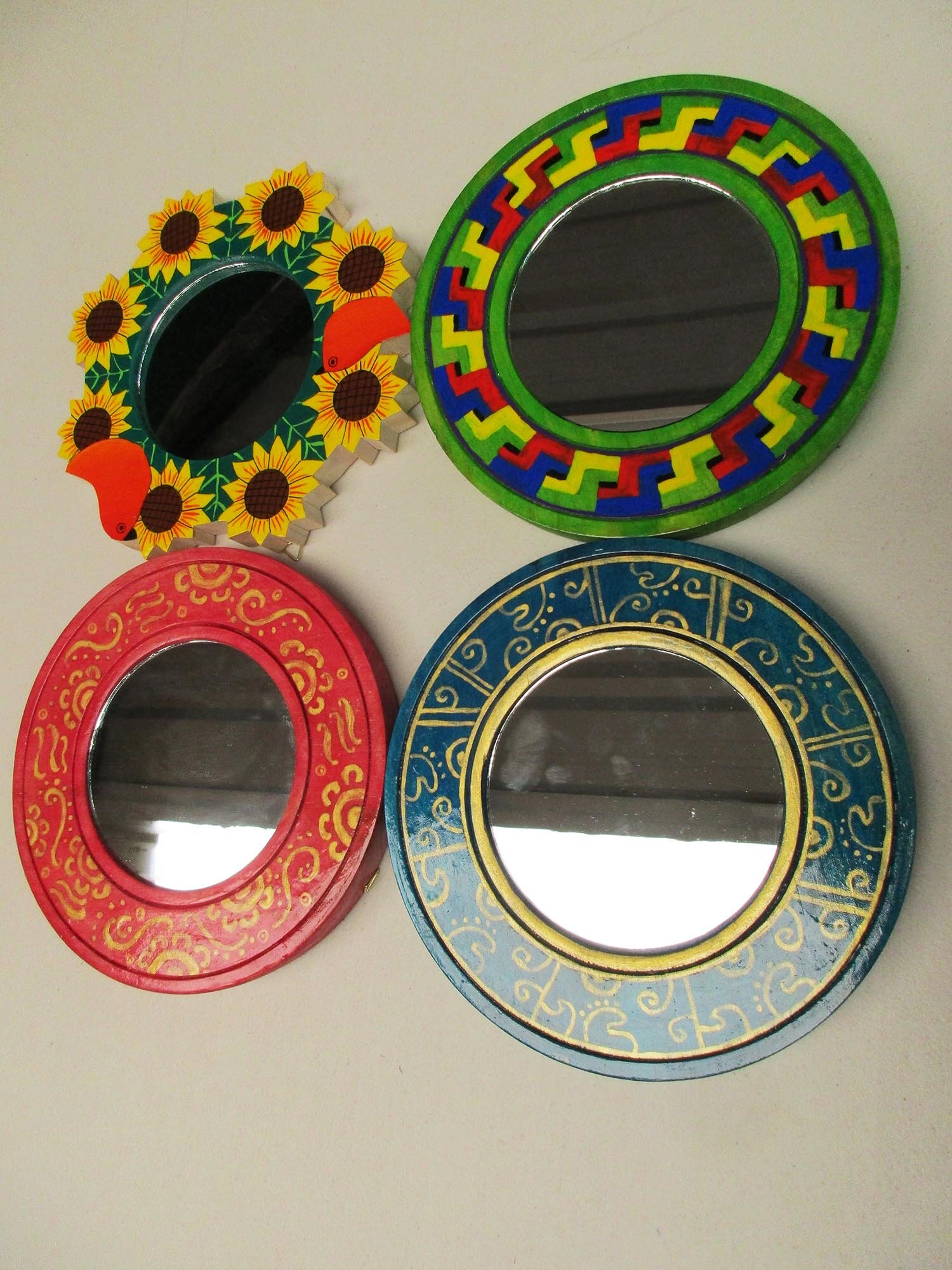



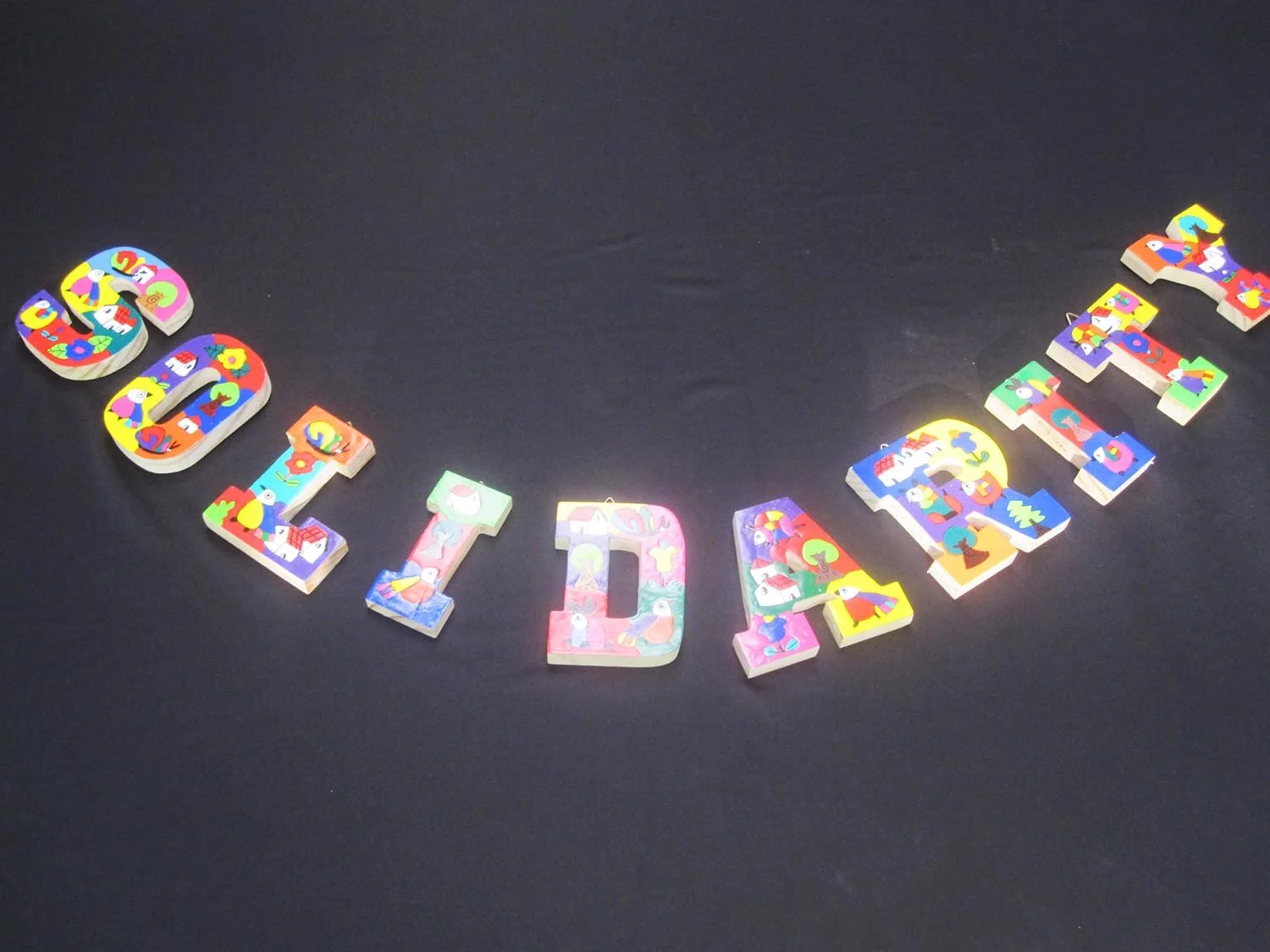

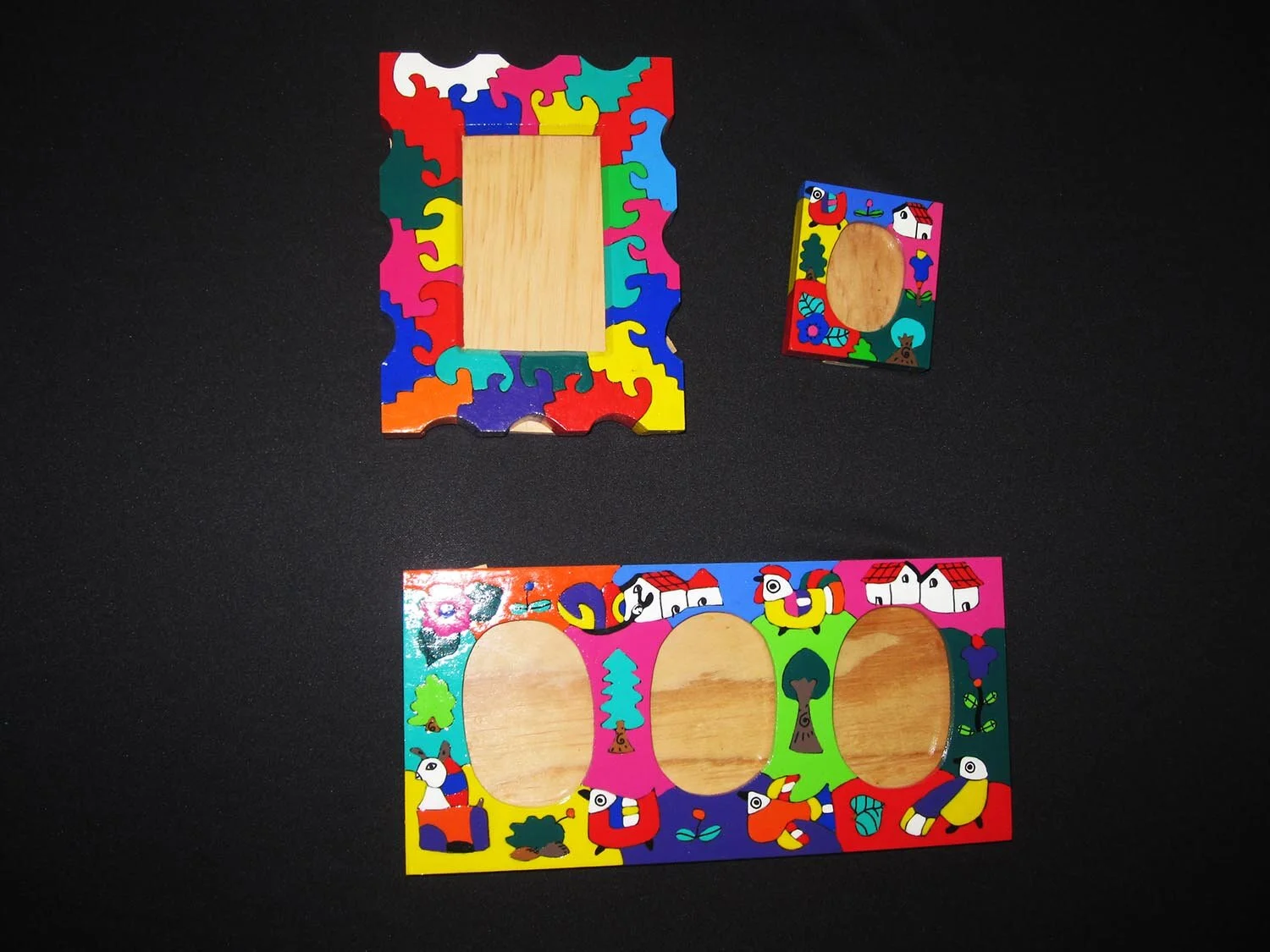

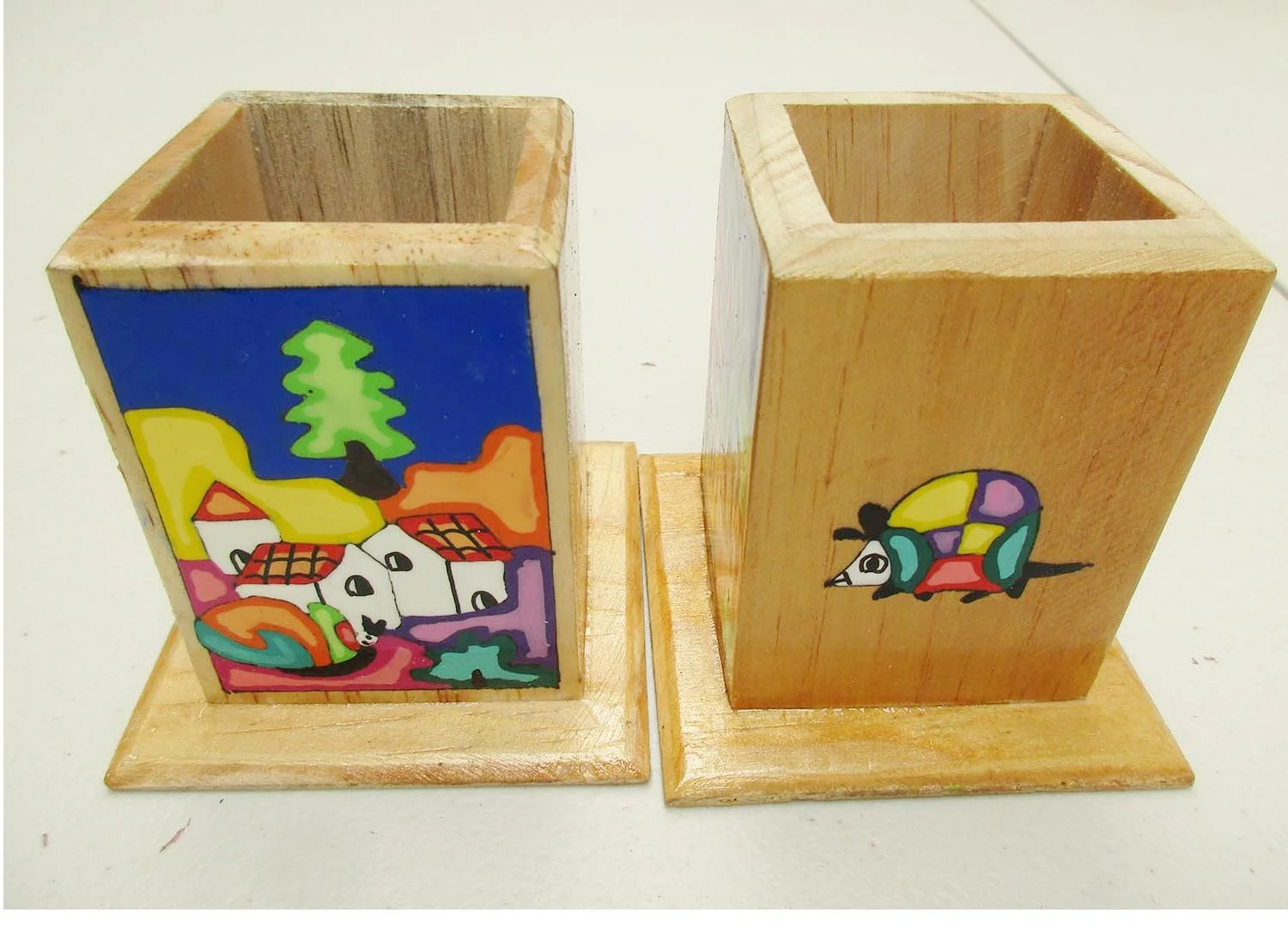








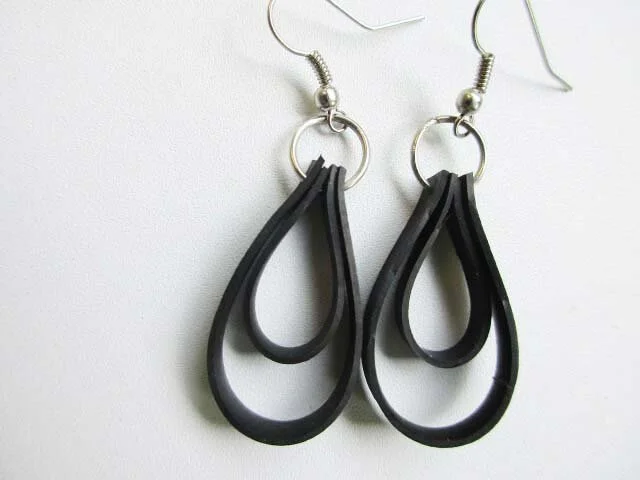
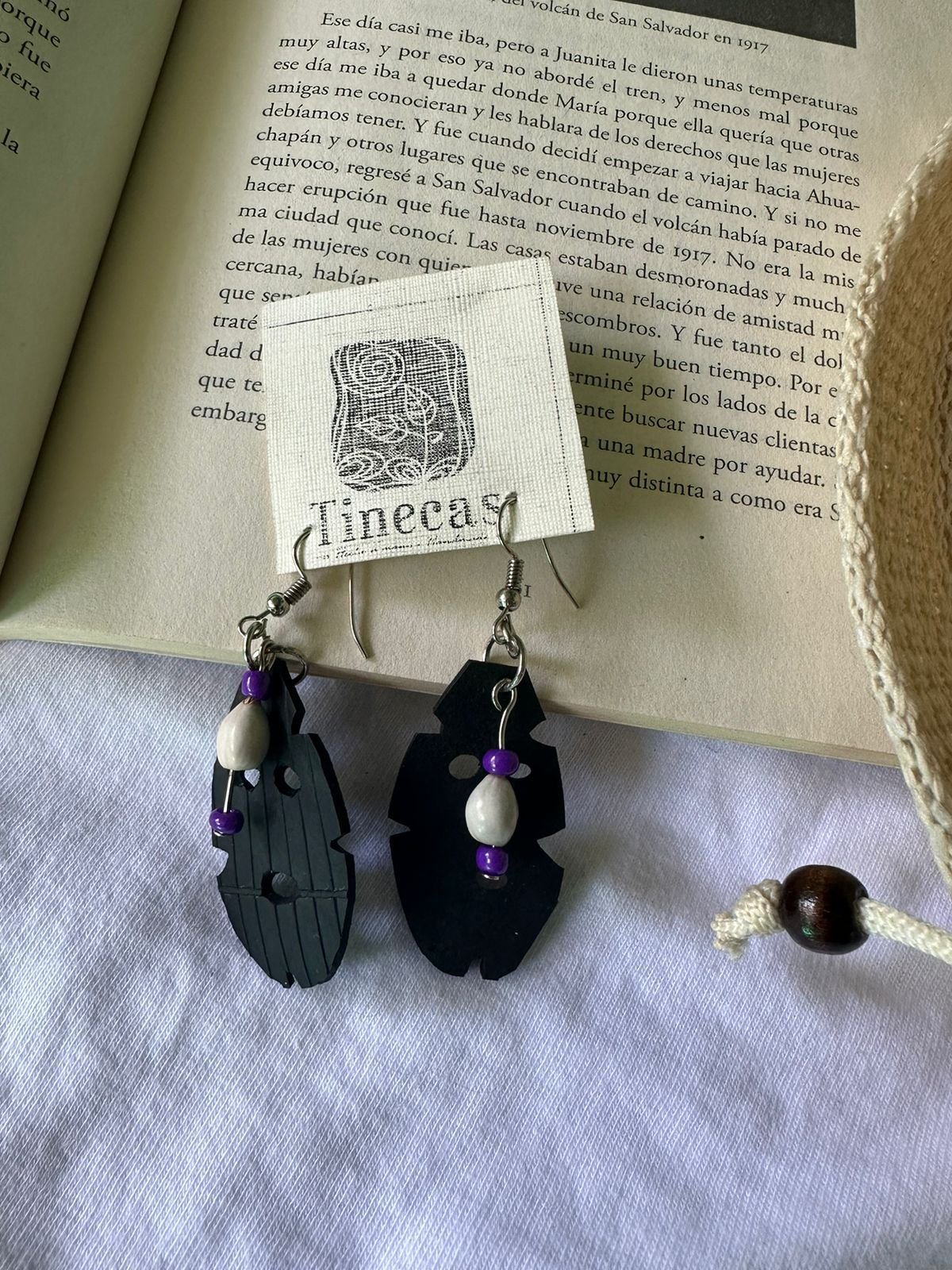


Indigo shirt, deep U neck